The GMCIR is emerging as one of the most powerful organizations in the Iraqi conflict. [A version of this article was originally published by The Jamestown Foundation.]
Following the Iraqi armed opposition’s seizure of Mosul on June 10, and the subsequent capture of large areas of Ninewah, Salah al-Din and Ta’mim governorates, several Iraqi organizations have proclaimed their role in the fighting. Emerging as one of the most powerful opposition groups in the rebel offensive is the General Military Council for Iraqi Revolutionaries (GMCIR) and its affiliated tribal militias, organized as the Military Council of Iraqi Tribal Revolutionaries. GMCIR members state that the organization has existed since the summer of 2013, but announced its existence in January 2014, in order to respond militarily against Iraqi security forces for firing on Sunni demonstrators in Anbar governorate.
Background to the GMCIR
The GMCIR asserts that its leadership is composed predominately of a network of former Iraqi army officers of tribal and Sunni Arab origin, and that it maintains a hierarchical chain-of-command inside Iraq in order to oversee the day-to-day operations of the organization. It estimates that 75,000 fighters are affiliated with the organization, mostly concentrated in Anbar, Salah al-Din and Ninewah governorates, with GMCIR-affiliated armed groups also located in Ta’mim, Baghdad, Diyala, Karbala, Dhi Qar and Maysan governorates. GMCIR officers, including Iraqis exiled by sectarian conflict in their country, are also reported to be located throughout the Middle East, including Turkey, Lebanon, Jordan, Saudi Arabia and the United Arab Emirates.
Ideologically, the GMCIR is staunchly anti-Maliki and anti-Iranian. It opposes the significant role played by Iranian Revolutionary Guard Corps- (IRGC) organized militias such as Asa’ib Ahl al-Haq and Kata’ib Hezbollah in the Iraqi security forces. The GMCIR’s first public declaration on January 15 outlined its political program. This declaration emphasized that it was an Iraqi nationalist, non-sectarian movement that was drawn from Iraq’s tribes, and seeks the removal of Nouri al-Maliki as prime minister. The GMCIR also seeks support from the people of southern Iraq — Shia Arab tribesmen — to help remove Maliki from power. The group’s members assert that the second-in-command of the organization is a Shia from southern Iraq and that the GMCIR is actively seeking the assistance of Iraqi Shia tribes in Basra, Dhi Qar and Maysan, which they claim are as disenfranchised by Maliki’s government as they are.
The GMCIR asserts that its leadership is composed predominately of a network of former Iraqi army officers of tribal and Sunni Arab origin … It estimates that 75,000 fighters are affiliated with the organization.
According to its members and media produced by the organization, the rank-and-file of the GMCIR predominately consists of Arab and Sunni tribal fighters. These include a significant number of Sahwa (Awakening) council veterans, mobilized as part of the “Sons of Iraq,” and Iraqi military officers who served in the army prior to its May 2003 disbandment. GMCIR members state that most of the first cohort of fighters were local protesters, mainly from Anbar governorate, who actively demonstrated against the Maliki government. According to the group, these protesters decided to join the armed uprising following the December 2013 arrest of Ahmad al-Awlani, a popular Anbari MP and member of the Iraqiya bloc, and the ongoing security operations that resulted in protesters being fired upon.
The GMCIR’s Goals and Relationship With JRTN and ISIS
In keeping with the GMCIR’s official declarations, representatives of the organization state that its participation in the current conflict is intended to seize Baghdad, in order to remove “Tehran’s spoiled boy,” Prime Minister Maliki. The GMCIR’s opponents claim the organization is strongly influenced by former Baathist officers affiliated with groups such as Jaysh Rajaal al-Tariqa al-Naqshabandia (JRTN), which is particularly powerful in Ninewah governorate and Mosul. The GMCIR state that JTRN members and former Baathist officers are represented in the organization, including in its political council; however, it asserts that these officers are not the most important figures within the group. Arabic media organizations report that social media sites affiliated with the JRTN claim it is operating in Ninewah and Salah al-Din governorates in close cooperation with the GMCIR and its affiliate, the Military Council of Iraqi Tribal Revolutionaries. In addition to the JRTN and tribal militias, it is reported that the GMCIR maintains close contact with the Iraqi Sunni sociopolitical movement, the Association of Muslim Scholars, which serves as a political ally of the organization.
The GMCIR’s relationship with the Islamic State of Iraq and the Levant (ISIS) is also a controversial subject. Its members admit to an operational relationship with ISIS, particularly in Anbar, Ninewah and Salah al-Din governorates. It is reported that two former Iraqi generals associated with the GMCIR were appointed to serve as governing administrators of territory seized by the opposition in Anbar and Salah al-Din governorates, with approval for their appointments given by ISIS in consultation with local tribes. A GMCIR spokesman stated that ISIS in Iraq was a small organization and could not have seized Mosul without the support of the Iraqi armed opposition. The spokesman further claimed that the GMCIR was stronger and better organized than ISIS, and fought under the laws of war established by the Geneva Convention.
The GMCIR’s strongly anti-Maliki and anti-Iranian political platform, which it has emphasized in a succession of declarations that its leadership has issued since January, makes the organization an unlikely participant in any peace negotiations that do not conclude with the removal of Maliki. In order to accomplish these political objectives, the GMCIR will need to network effectively with other anti-Maliki factions inside Iraq, including Iyad Allawi’s al-Iraqiya bloc, the Kurds, and Shia political figures and groups, such as Ahmad Chalabi and his allies in the Islamic Supreme Council of Iraq and Muqtada al-Sadr and his allied al-Ahrar bloc.
One likely difficulty the GMCIR will need to address is how to appeal to Iraqi Shia sociopolitical actors, when there is a popular perception that the organization is allied with ISIS and must be fought against amid the mobilization of volunteer Shia fighters. The GMCIR’s potential partners in forming a post-Maliki Iraqi government will likely need to give the organization guarantees that they will work to reduce the influence of the powerful IRGC-backed militias within the Iraqi army and special forces.
The GMCIR will also need to resolve potential political and military conflicts that could arise and divide its own predominately Sunni constituency. In the face of potential challenges to the group’s influence over the Iraqi Sunni community, and its role in post-conflict negotiations over the future direction of Iraq, it is likely that GMCIR leaders will seek to maintain the allegiance of tribal militias organized under the Higher Military Council of Iraqi Tribal Revolutionaries. It will also need to demonstrate to Iraqis that it can be a partner for a negotiated and peaceful settlement to the conflict and that, if called upon, it can effectively confront ISIS forces.
The views expressed in this article are the author’s own and do not necessarily reflect Fair Observer’s editorial policy.
Support Fair Observer
We rely on your support for our independence, diversity and quality.
For more than 10 years, Fair Observer has been free, fair and independent. No billionaire owns us, no advertisers control us. We are a reader-supported nonprofit. Unlike many other publications, we keep our content free for readers regardless of where they live or whether they can afford to pay. We have no paywalls and no ads.
In the post-truth era of fake news, echo chambers and filter bubbles, we publish a plurality of perspectives from around the world. Anyone can publish with us, but everyone goes through a rigorous editorial process. So, you get fact-checked, well-reasoned content instead of noise.
We publish 2,500+ voices from 90+ countries. We also conduct education and training programs
on subjects ranging from digital media and journalism to writing and critical thinking. This
doesn’t come cheap. Servers, editors, trainers and web developers cost
money.
Please consider supporting us on a regular basis as a recurring donor or a
sustaining member.
Will you support FO’s journalism?
We rely on your support for our independence, diversity and quality.




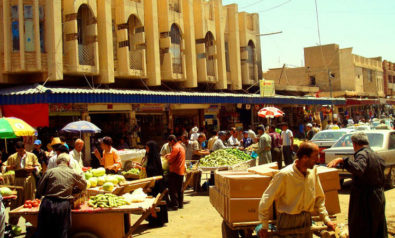
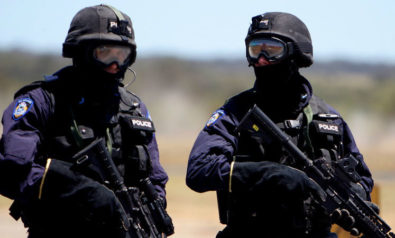

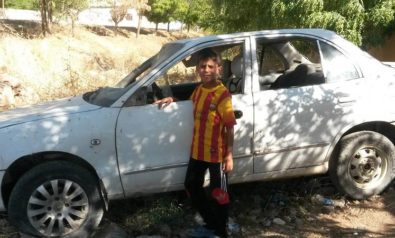
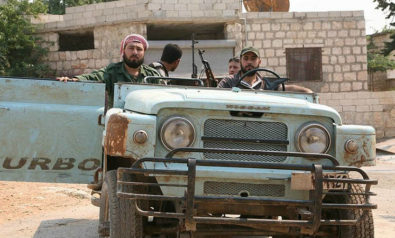
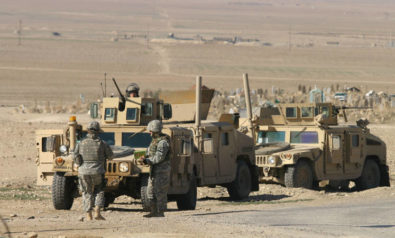
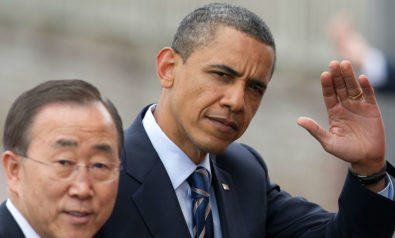

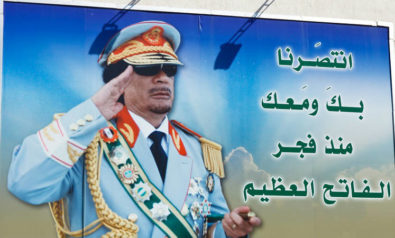


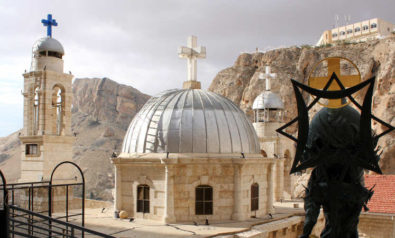


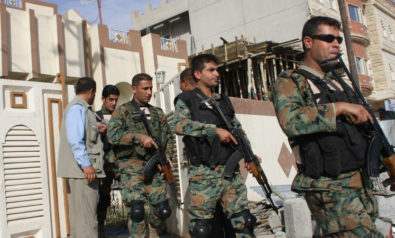

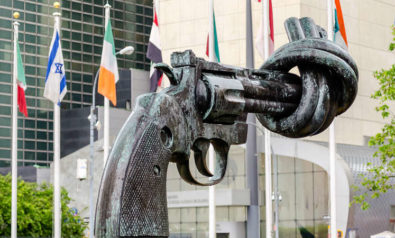
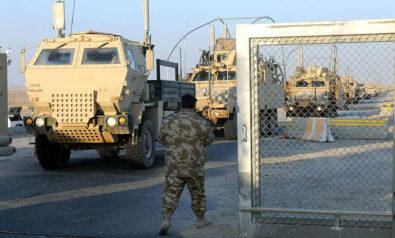





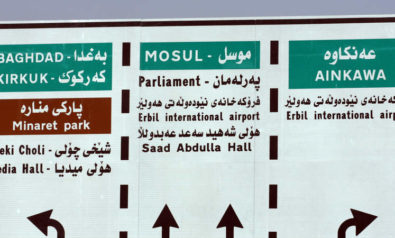
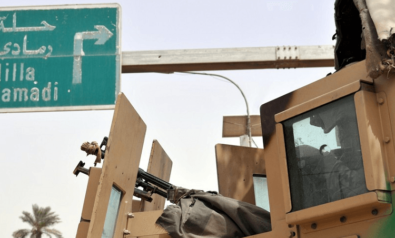


Comment